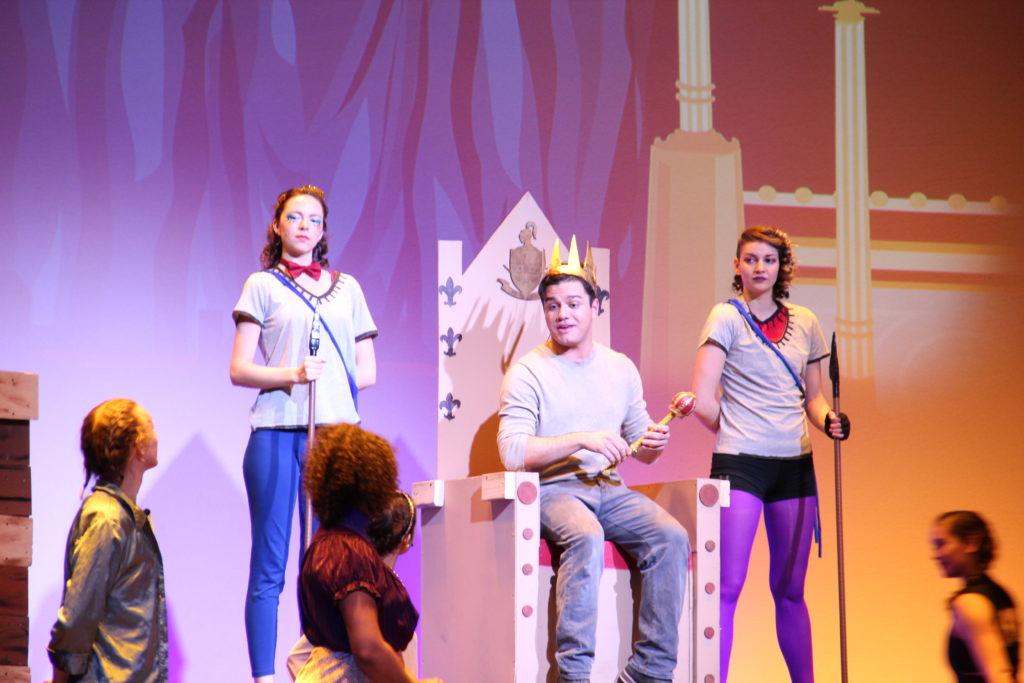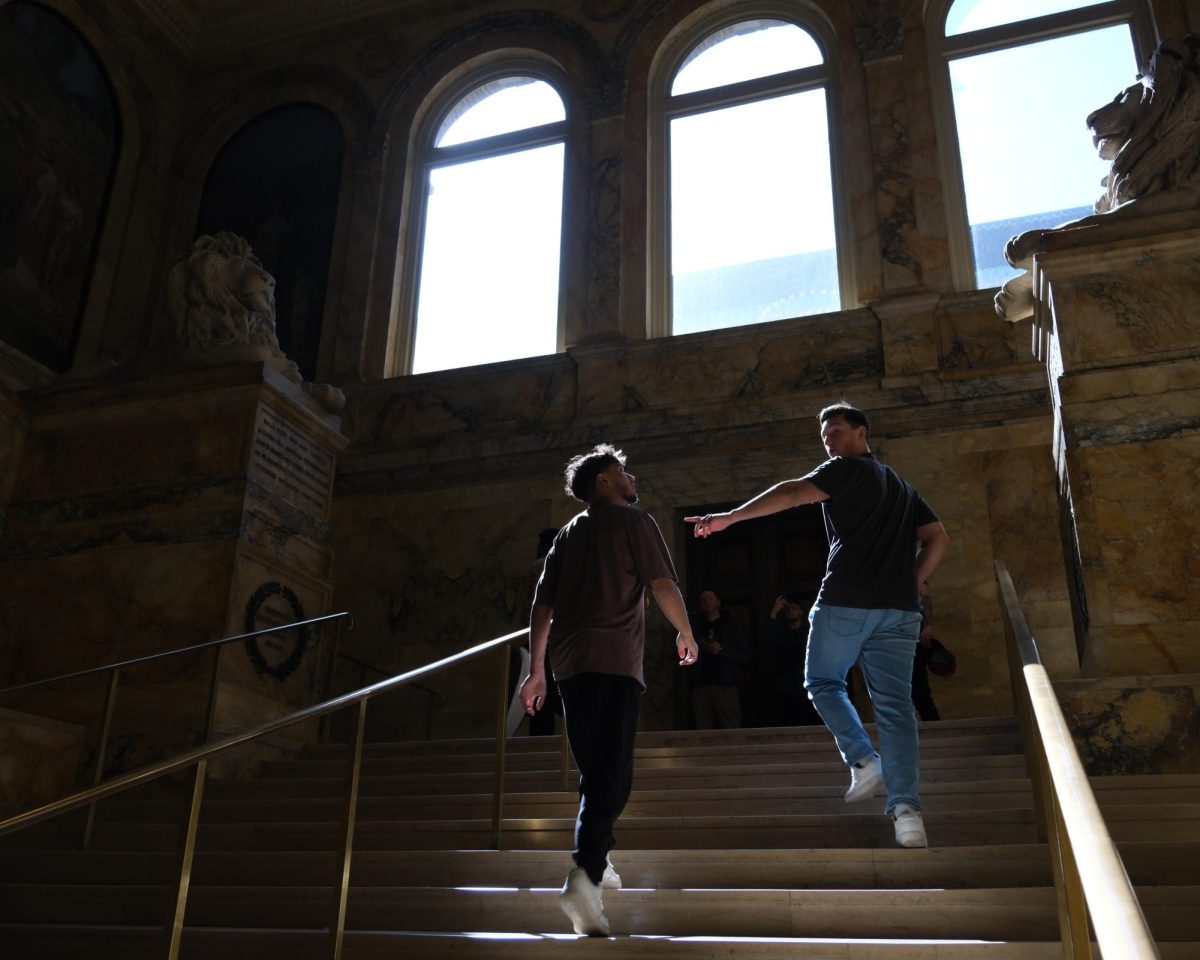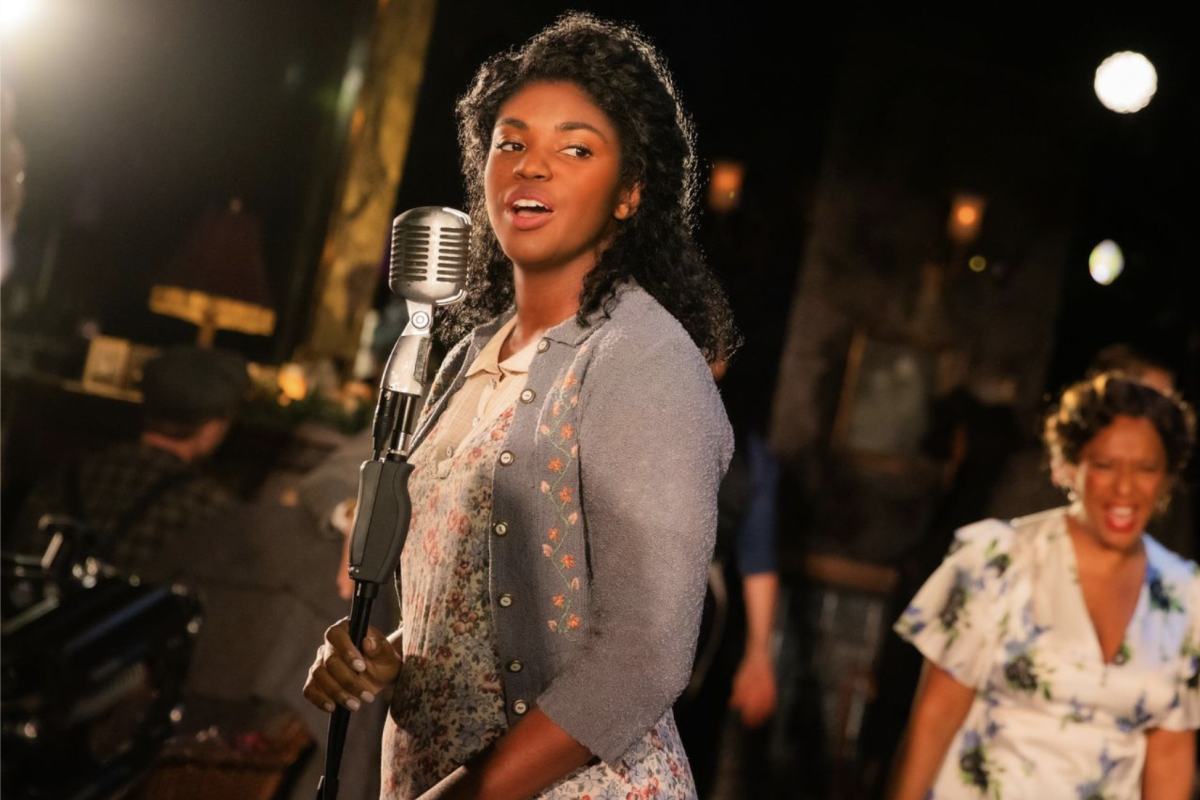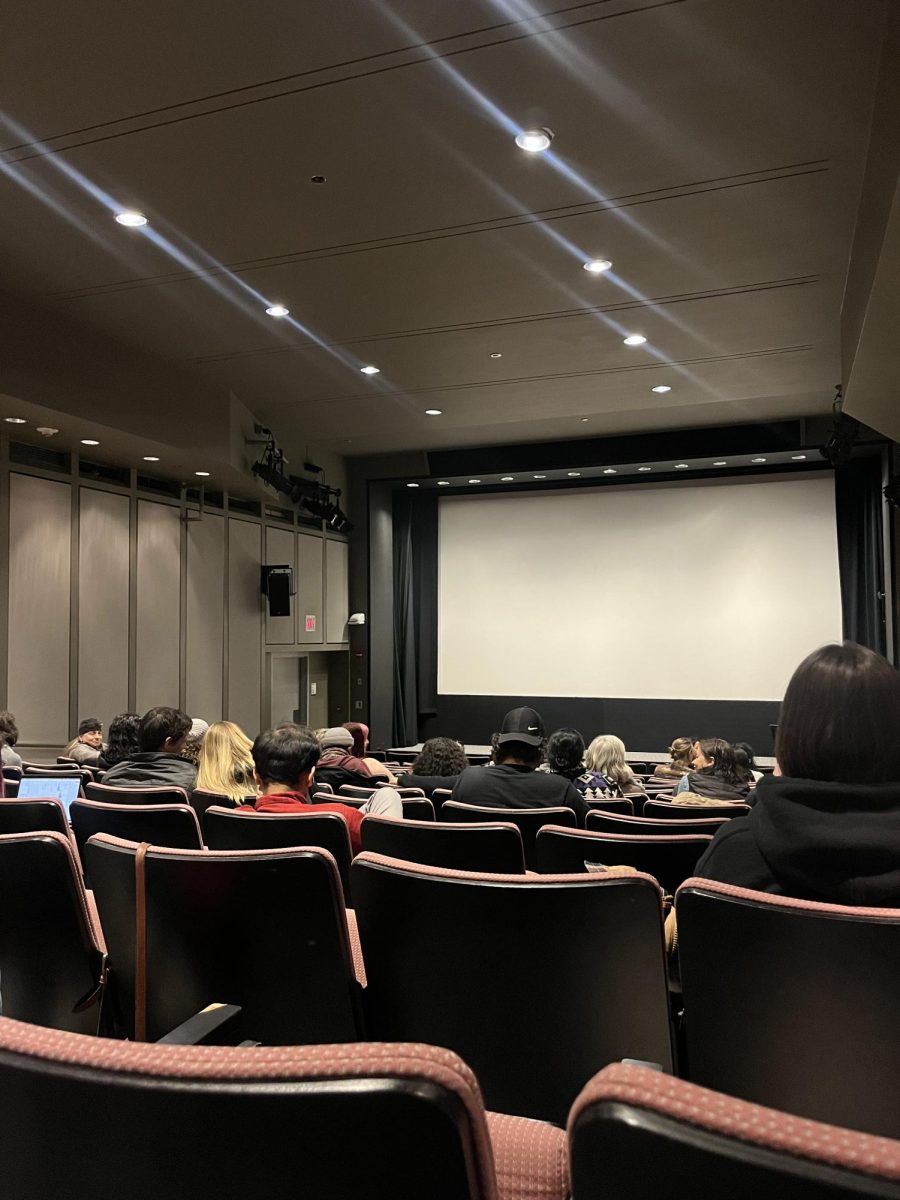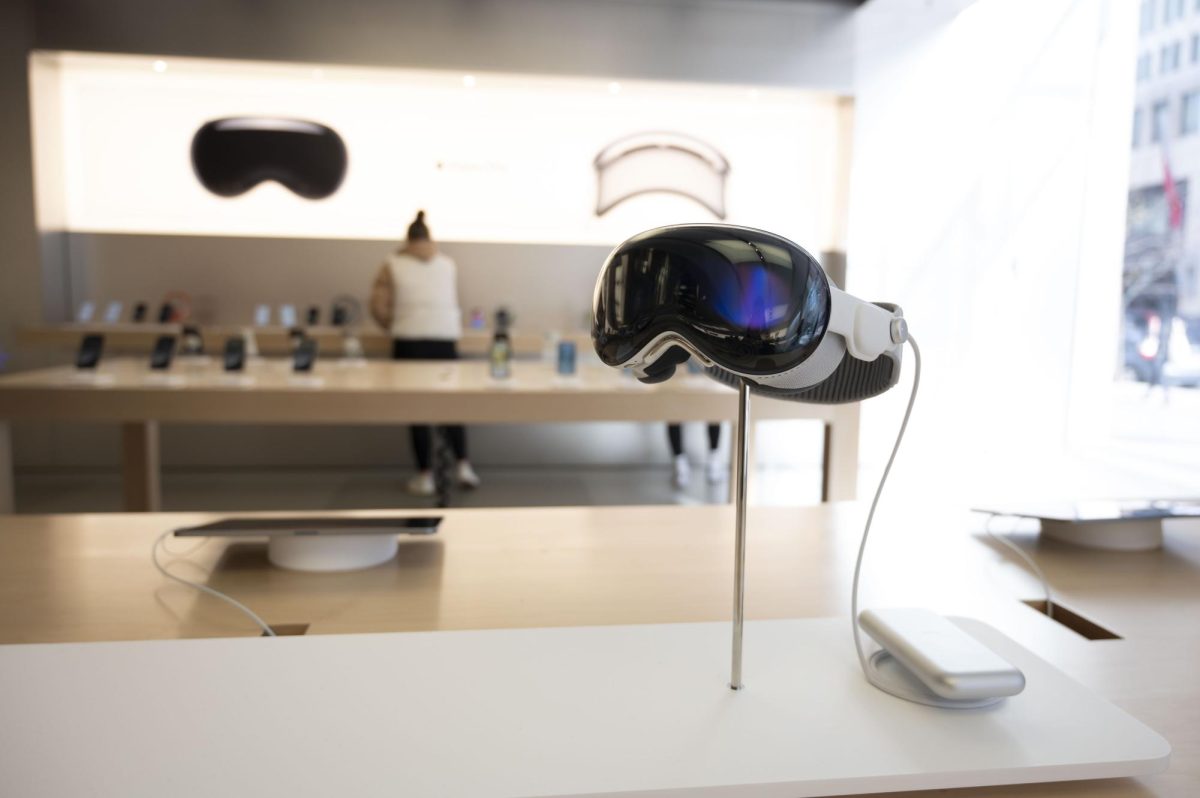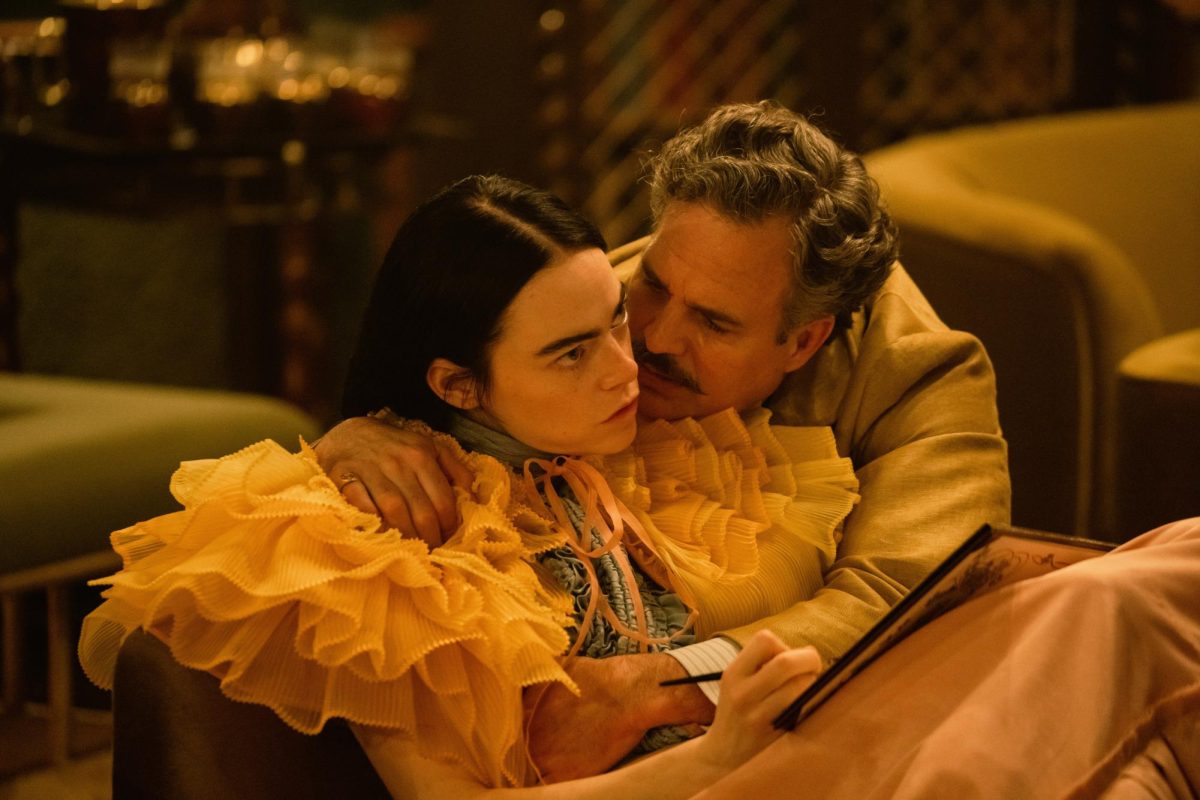By Sam Cronin, lifestyle editor
The show began the way it ended, from behind the audience. The Leading Player came up from behind the audience with musical accompaniment and a flourish of lights, promising an unforgettable evening. At the end during one of the final songs, cast members jeered and booed from the crowd. “Pippin” was much more interactive than the average musical. The show disappointed with weak character development and plot, but the strong performances of everyone in NU Stage made up for it and made the evening enjoyable overall.
NU Stage Musical Theater Company, or NU Stage, Northeastern’s only student-run musical theatre company, put on a production of “Pippin” in Blackman Auditorium Friday and Sunday. The show followed Pippin, a young prince searching for fulfillment in life, and the garish acrobatic troupe led by the Leading Player who took him through his journey.
Bobby Gioiosa, a second-year business administration major, played the titular role. He embodied Pippin well, with his inquisitive tone and confused mannerisms bringing the neurotic, naive character to life.
“[NU Stage] is a huge factor [of] why I’m at Northeastern,” Gioiosa said. “I’ve tried to make it as big a part of my life as I could.”
Gioiosa’s Pippin was the most three-dimensional character in the show, though all telegraphed their intentions openly. Pippin’s journey to find satisfaction took him through apathy, hedonism, apathy again and, finally, love. There’s no subtlety to the character development here. Instead of showing a character to be a shallow, self-centered person, the show has another character say outright “Lewis is an [expletive].”
While the dialogue of “Pippin” might leave most characters feeling flat (which is no fault of NU Stage- it was written over 40 years ago) the performances of the singers and dancers created quite a spectacle. The elaborate set pieces with projected backgrounds and hand-painted props and the tight choreography of the ensemble kept the show engaging.
“Pippin’s” director, Scott Bottner, a fourth-year business administration major, said he has watched the people in NU Stage grow over his four years in the group. In his time with NU Stage, he has seen the production value of their shows go up.
“[The] level of productions have been far and away superior to years past,” Bottner said.
Sambina Anthony, a first-year behavioral neuroscience student, was brazen and confident as the Leading Player, keeping the show on track. Her role as the the pacer kept an element of consistency through songs that frequently changed moods. With rapid changes between songs and somewhat awkward transitions from somber to sexual moods, the Leading Player was a point of continuity the audience could hold onto. Her acrobatics and rhythm impressed the audience, who cheered as she executed a front flip.
Anthony said NU Stage is a unique experience.
“I started doing musical theatre in high school. I used to be a gymnast, but I hurt myself,” Anthony said. “NU Stage is different because it’s all student-run. We can choose the direction; [we have] more freedom.”
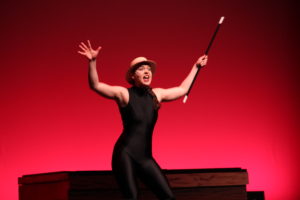
“Pippin” frequently breaks the fourth wall, meaning the cast frequently gave nods to the audience. In the case of the song “No Time At All,” the cast even invited them to sing along to the chorus. These moments endeared the crowd to the performers and drew the most applause and laughter.
“There’s definitely less of a fourth wall [in “Pippin”]” said Gioiosa. “There’s a lot more audience interaction.”
The plot of the show had elements of faux-fluidity to it. Pippin’s conversations with the Leading Player giving him choices on how to proceed through the story. This gave the show the feeling of a choose-your-own-adventure, where Pippin and his interactions with the characters around him were subject to the discretion of the self-acknowledged actors playing each part.
Bottner described the show as very philosophical and abstract.
“It’s a show within a show,” Bottner said. “It makes you think about your own life, where you find happiness, are you finding it [in your life].”
Where “Pippin’” was unique in its fourth wall-breaking one-liners, the rest of the plot was filled with clichés about life, the relationship between a father and son, and a forced relationship between Pippin and Catherine. Played by Abby Nugent, a second-year bioengineering major, Catherine is a lonely widow who shows him that the ordinary can be extraordinary. When Pippin winds lying alone on the side of the road, despairing at the apparent lack of meaning to life, Catherine finds him, takes him in and attempts to restore his will to live.
In her speech about how she bounced back after the death of her beloved husband, the show took a cavalier approach to depression. Catherine said she laid in bed mourning for five days, but decided it was time to change after that.
“On the sixth day, I just got up.” Catherine said. “There were things to be done.”
The show treats depression like it’s a choice, like it’s a problem somebody of strong will and character can just will away. Try telling a widow in real life to just “get up” and see how she reacts.
Pippin’s father, the king Charlemagne, is portrayed as an unjust and cynical ruler, denying the requests of the poor peasants and nobles alike. But Pippin, a young boy just back from school, was always loyal to Charlemagne as a father and mentor.
That all changes when the Leading Player shows him a newspaper clip saying his father had killed peasants in an uprising. After reading this one source and not even talking to his father about it, Pippin changes his stance drastically and murders his father. These and other weak plot points turn the story on a dime and explicitly state character development rather than showing it.
“Pippin” is a show which leaves a lot to be desired, possibly due to the abridged licensed version of the production leaving out elements of the Broadway original. Musical theatre scholar Scott Miller discusses this in his 1996 book “From Assassins to West Side Story.”
“Because of a somewhat emasculated licensed version for amateur productions, the show now has a reputation for being merely cute and harmlessly naughty,” Miller said.
Where “Pippin’s” writing failed the show, NU Stage still shined through and delivered great vocal and acrobatic performances to much fanfare and acclaim from the audience. Gioiosa and Anthony delivered strong lead performances, and the ensemble of Players were expertly choreographed.
“Don’t ask where I’m going, just listen when I’m gone,” sang Gioiosa as Pippin in the song “Corner of the Sky.”







